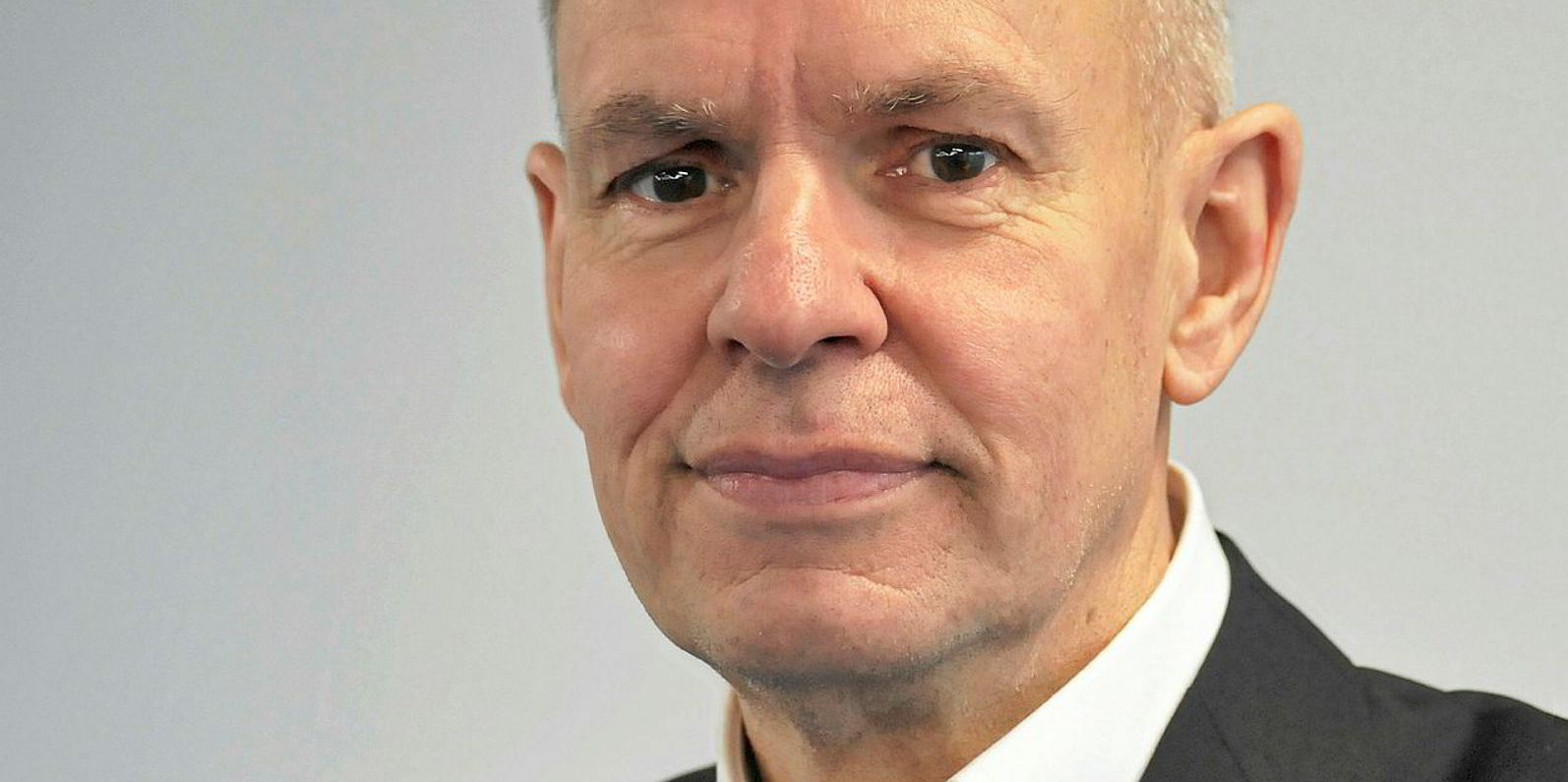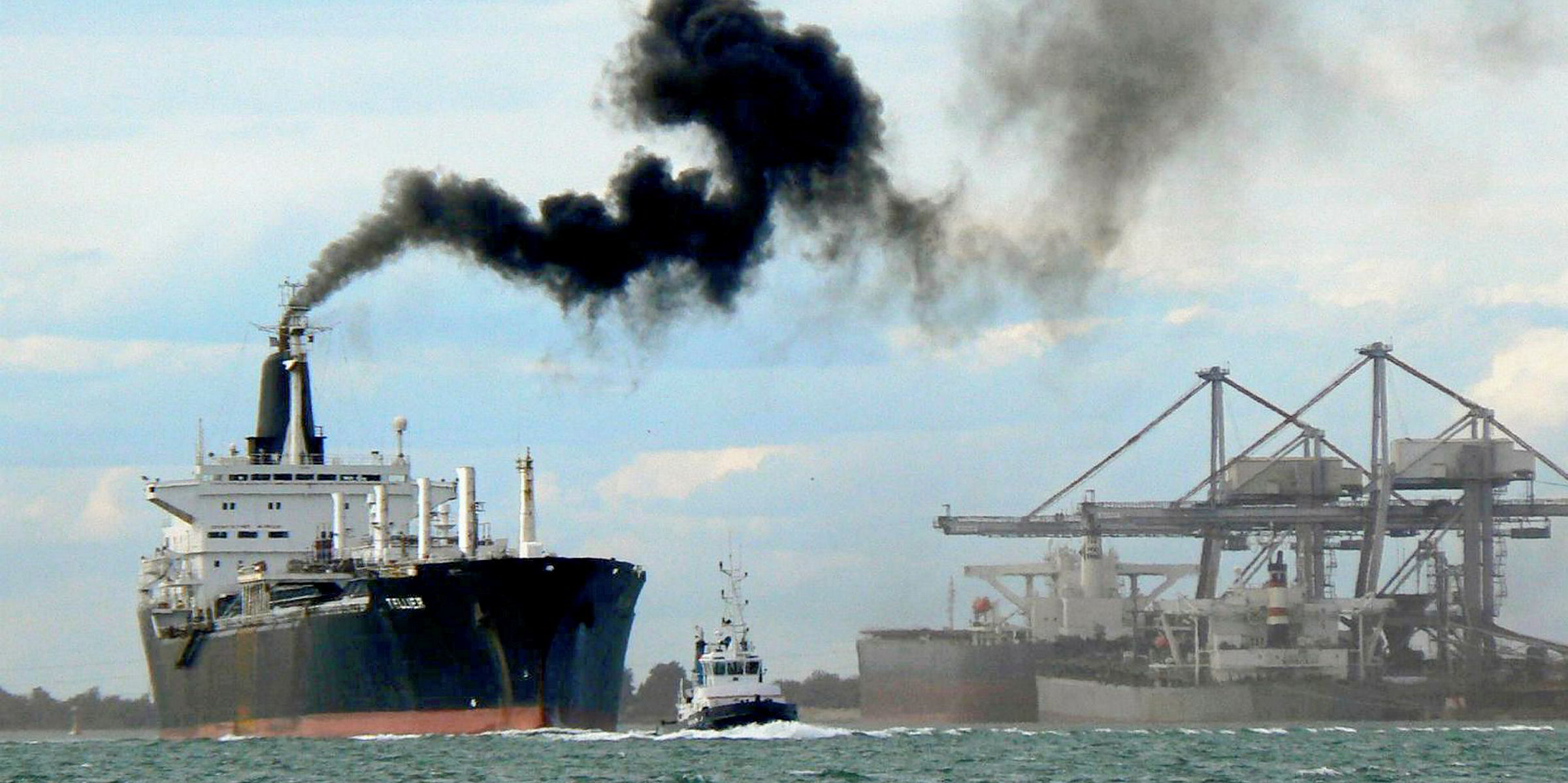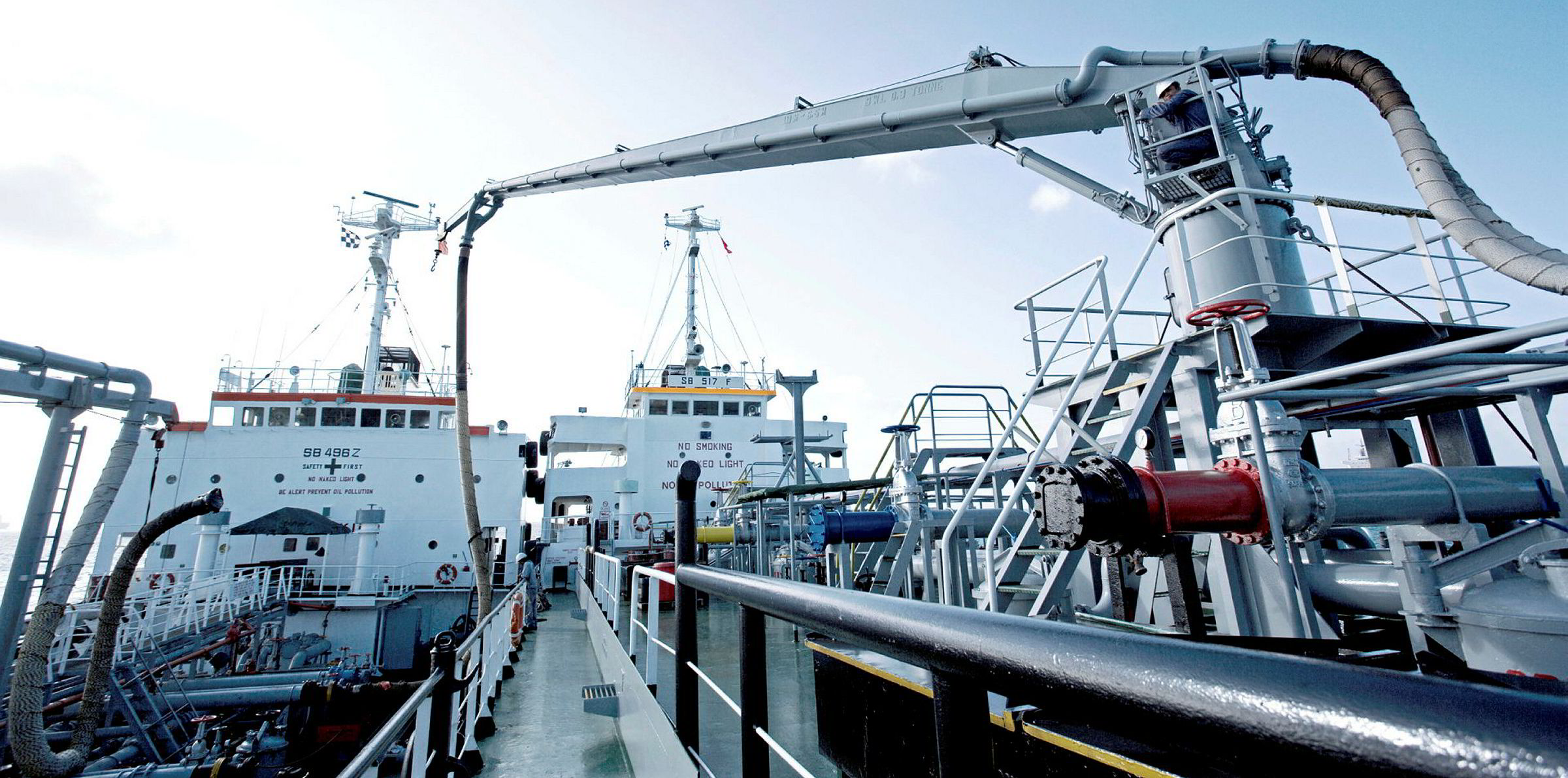Svein Steimler, the president and chief executive of NYK Europe is right: the extra costs of the 2020 low-sulphur regulations should be borne by the customer.
The airline industry has happily applied separate fuel supplements to its ticket prices and the users accept this.

Shipping needs to do the same, not least because it will just potentially be the beginning of more costs associated with pollution.
Someone has to pay for the wider clean-up and decarbonisation of the maritime industry. This cost will need to be shared.
Enormous opportunity
But this should not be seen purely as a negative, as a struggle to push an unwanted extra burden on shippers and, ultimately, consumers.
There is also an enormous opportunity here. There is a chance to rid shipping of its bottom-crawling marginal profit cycle where shippers ignore carrier costs and low margins while the world’s customers remain blithely unaware of how basic goods arrive in their country.
The shipping industry needs to stand up for quality services and make clear these can only be provided if they are properly funded.
There are plenty of highly successful brands that charge additional fees on the basis of offering premium services.

That Apple is one of the world’s largest stock-listed companies by market capitalisation is a triumph of marketing over manufacturing.
Who cares? If the messaging is vital, which it is (as Donald Trump’s ascent to the world’s most powerful politician also attests), then we should all take note.
In a world facing man-made climate change, it needs that vital industry to be operating in the cleanest and most efficient way possible
And there is a premium story to be told by the shipping industry if it gets its act together to tell it right — and if it delivers on its goals.
The world needs seaborne transportation to raise global living standards with the help of a global trading system.
And in a world facing man-made climate change, it needs that vital industry to be operating in the cleanest and most efficient way possible.
Trump's disdain
President Trump may show disdain for the future of the planet, having removed the US from the Paris climate change agreement but he is in a small minority of folk who are still in denial.
Certainly the younger generation, in my experience, is unanimously concerned about global warming and wants immediate action.
The emergence of a growing civil disobedience campaign in Britain, the Extinction Rebellion, is a symbol of impatience with policymakers.
Sadiq Khan, the mayor of London, has declared a climate emergency. Nancy Pelosi, the new leader of the House of Representatives in Washington, talked about climate change in the very opening sentences of her acceptance speech.
The IMO knows shipping must find ways of delivering that major shift from dirty diesel to clean-burning bunkers.
So the first deadline is coming up in less than 12 months' time, that of low-sulphur fuel regulation, and it will cost money.
Back to Steimler’s comments on the need for freight rates to reflect at least some of those costs of cleaner fuel or the price of technology, such as scrubbers, to avoid using low-sulphur bunkers.
There needs to be a green-fuel levy and the industry should not feel ashamed in demanding this.
Angels and devils
Shipping has a chance to get on the side of the angels instead of the devils, associated in the past with cheapskate operators and oil spills.
Shipping needs to be in the hands of responsible companies not the rogue spivs who operate on the margins and can besmirch the image of the wider industry
And if this perhaps gives a competitive leg-up to the larger “industrial” brands such as NYK and pushes speculators out of the market, as Steimler thinks it may, then this will be a benefit too.
Shipping needs to be in the hands of responsible companies not the rogue spivs who operate on the margins and can besmirch the image of the wider industry.
Certainly, we want all the cash and resources of the most sophisticated shipping brands, such as AP Moller-Maersk, to lead the charge.
The message is that blue-water shipping is going green. This message is not only to be disseminated across customers and the industry, but externally too.
It can be taken into schools worldwide where industry figures will find a willing young audience already switched on to climate change and the horrifying and quickening loss of wildlife and wider biodiversity.
These children will then take the message home to their parents who will listen much more attentively to their offspring than an old man in a suit at the IMO or even on YouTube. Let's seize this special moment.





